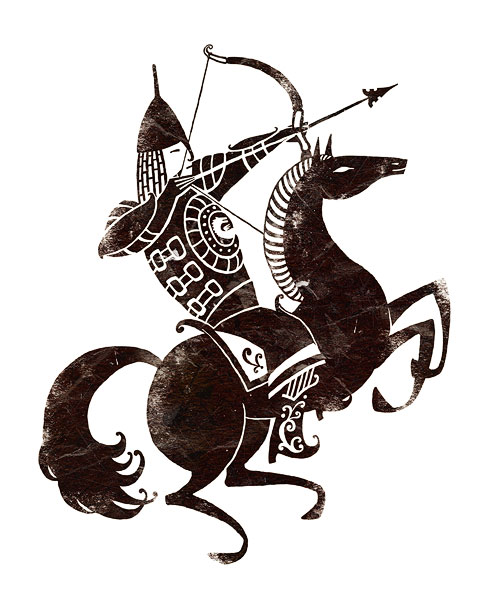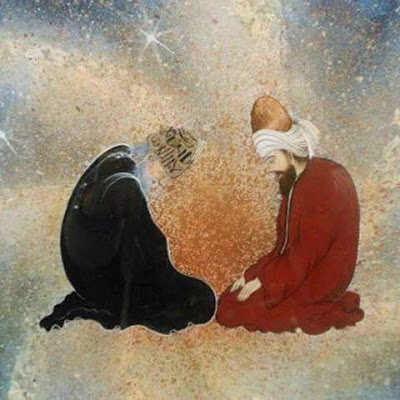Jabr, Jabbári and the Evidence of Freewill
Recite from the Qur’án the interpretation of (i.e. a text which interprets) the (preceding) verse: God said, Thou didst
not throw when thou threwest.
If we let fly an arrow, that (action) is not from us: we are (only) the bow, and the shooter of the arrow is God.
This is not jabr (compulsion); it is the meaning of jabbárí (almightiness): the mention of almightiness is for the sake of (inspiring us with) humility.
Our humility is evidence of necessity, (but) our sense of guilt is evidence of freewill. If there were not freewill, what is this shame? And what is this sorrow and guilty confusion and abashment?
The Masnawi, Volume 1, 615
If we let fly an arrow, that (action) is not from us: we are (only) the bow, and the shooter of the arrow is God.
This is not jabr (compulsion); it is the meaning of jabbárí (almightiness): the mention of almightiness is for the sake of (inspiring us with) humility.
Our humility is evidence of necessity, (but) our sense of guilt is evidence of freewill. If there were not freewill, what is this shame? And what is this sorrow and guilty confusion and abashment?
The Masnawi, Volume 1, 615



Yorumlar
Yorum Gönder